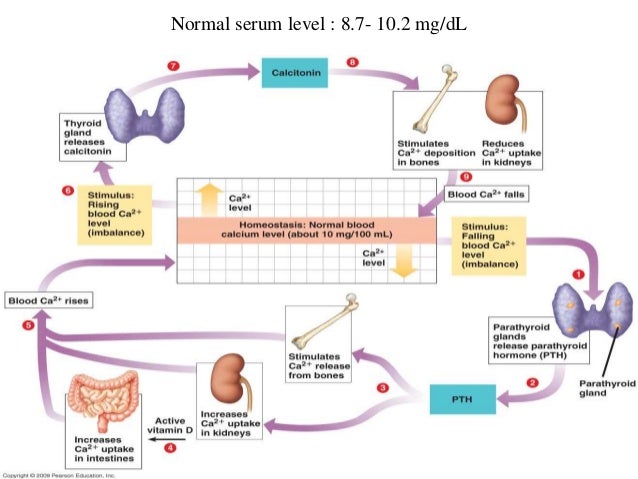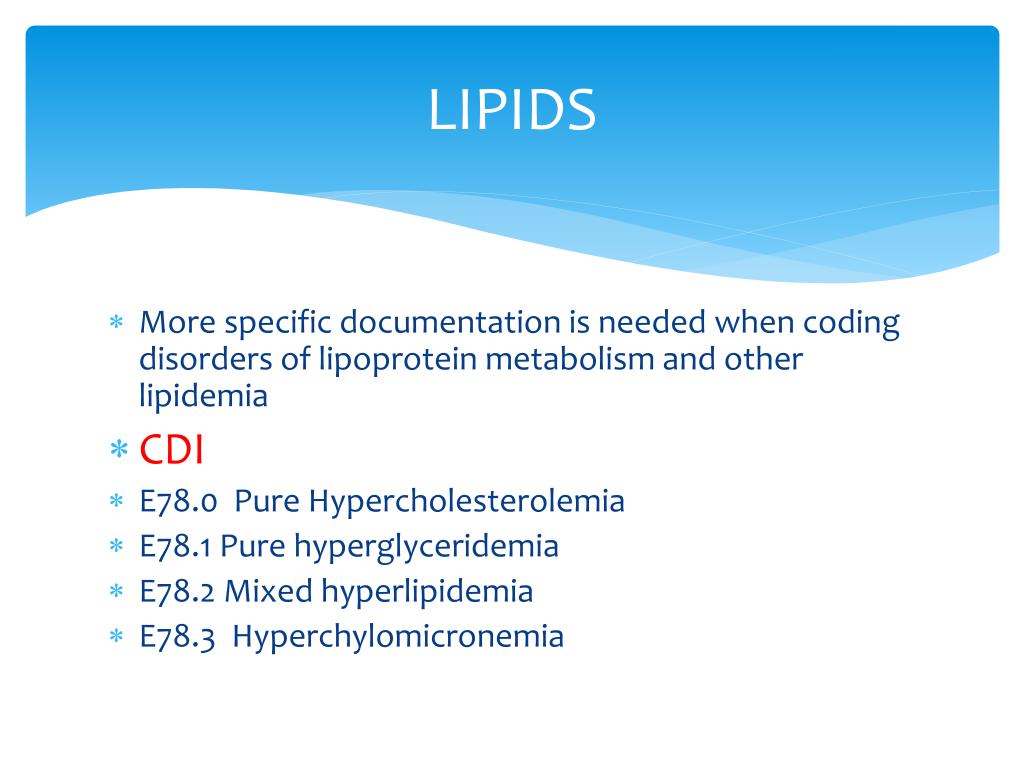
Your doctor puts a thin, flexible tube into a blood vessel in your leg or neck. Your doctor can point you toward a lotion to ease pain or itching.Ĭardiac Ablation: There are two major options:Ĭatheter ablation, also called radiofrequency or pulmonary vein ablation, isn’t surgery, and it’s the less invasive of the two options.
#Paroxysmal atrial flutter icd 10 skin
Your skin may be irritated where the paddles touched it. Because you’re sedated, you probably won’t remember being shocked. These will give you a mild electrical shock to get your heart's rhythm back to normal. Then, your doctor will put the paddles on your chest, and sometimes your back. They’ll use paddles, or they'll stick patches called electrodes to your chest.įirst, you'll get medicine to make you fall asleep. If medications don't get your AFib under control, your doctor might recommend one of these:Įlectrical cardioversion: The doctor gives your heart a shock to regulate your heartbeat. These can make you bleed more easily, though, so you might have to cut back on some activities that can lead to injuries. Your doctor will monitor you to make sure the medicine is working.īlood clots and stroke prevention: These medications thin your blood to lower your chance of having these conditions.

You might get them in your doctor's office or at a hospital. Amiodarone ( Cordarone, Nexterone, Pacerone).Potassium channel blockers, which slow the electrical signals that cause AFib: Sodium channel blockers, which slow your heart's ability to conduct electricity: They may call this chemical cardioversion. Heart rhythm control: When your doctor gets your heart rate under control, they’ll give you medications to return the rhythm to normal. Verapamil ( Calan, Covera, Isoptin, Verelan),.

They slow your heart rate and tone down contractions: Others are known as calcium channel blockers. Nadolol (Alti-Nadolol, Corgard, Corzide).Most people take a medication called digoxin (Lanoxin). Heart rate control: The most common way to treat atrial fibrillation is with drugs that control your heartbeat. Generally, your doctor will try to keep your heartbeat steady and prevent problems like blood clots. If your problem comes from a condition like an overactive thyroid gland or high blood pressure, your doctor will give you medications to control those issues. There are several options to control AFib, or maybe stop it altogether.
#Paroxysmal atrial flutter icd 10 portable

You might have some of the following tests: They'll also ask about your symptoms and if you smoke or drink caffeine or alcohol. If your doctor thinks you have atrial fibrillation, they'll give you an exam and ask questions about your medical and family history. This is sometimes called "holiday heart syndrome" because it was first noticed after weekends or holidays when many people drink more. People who drink several alcoholic drinks at a time sometimes have paroxysmal atrial fibrillation. A condition known as pericarditis, which happens when the area around your heart gets inflamed.You're more likely to have paroxysmal atrial fibrillation as you get older.

If that damage affects the part of your heart that sends the electrical pulses that control your heartbeat, those pulses can come too fast or at the wrong time. It often happens because things like coronary heart disease or high blood pressure damage your heart. Causes & Risk Factorsĭoctors don't always know what causes paroxysmal atrial fibrillation.


 0 kommentar(er)
0 kommentar(er)
